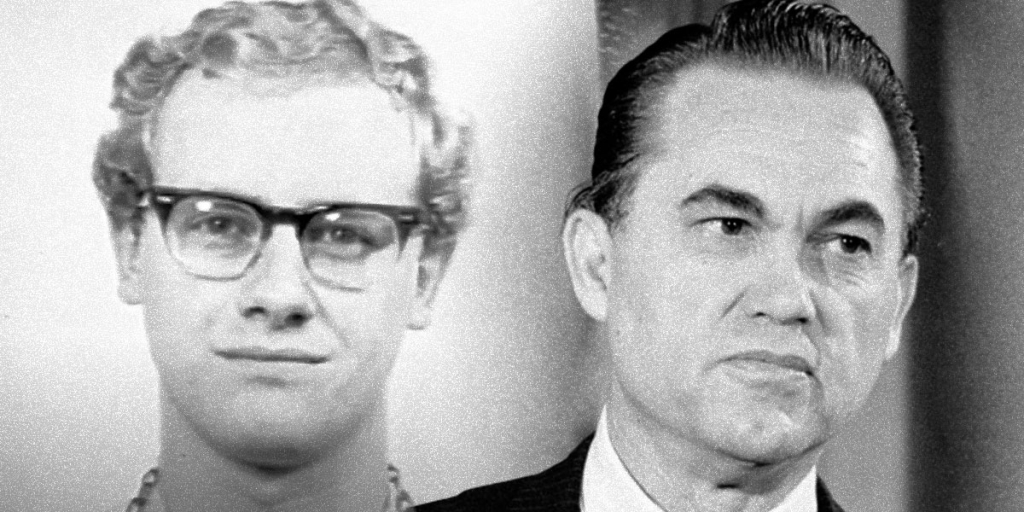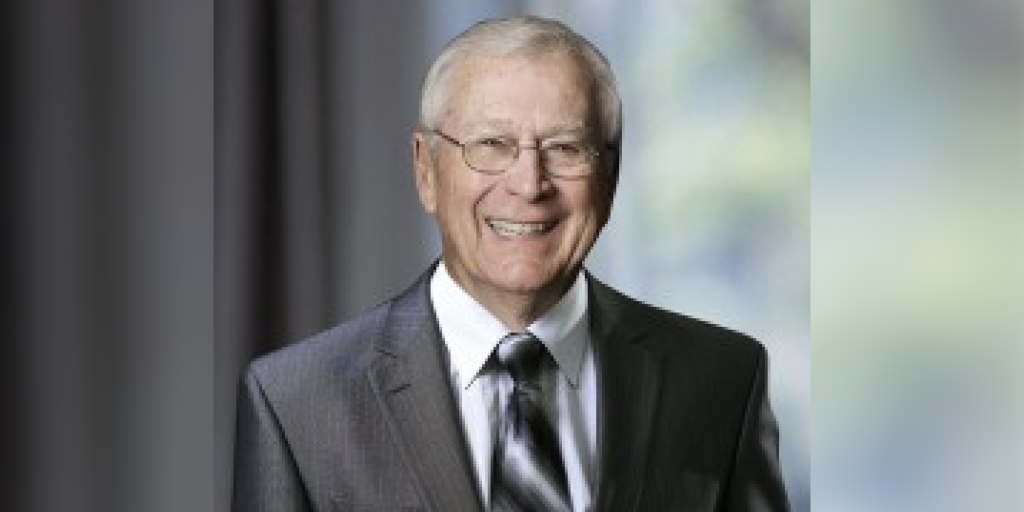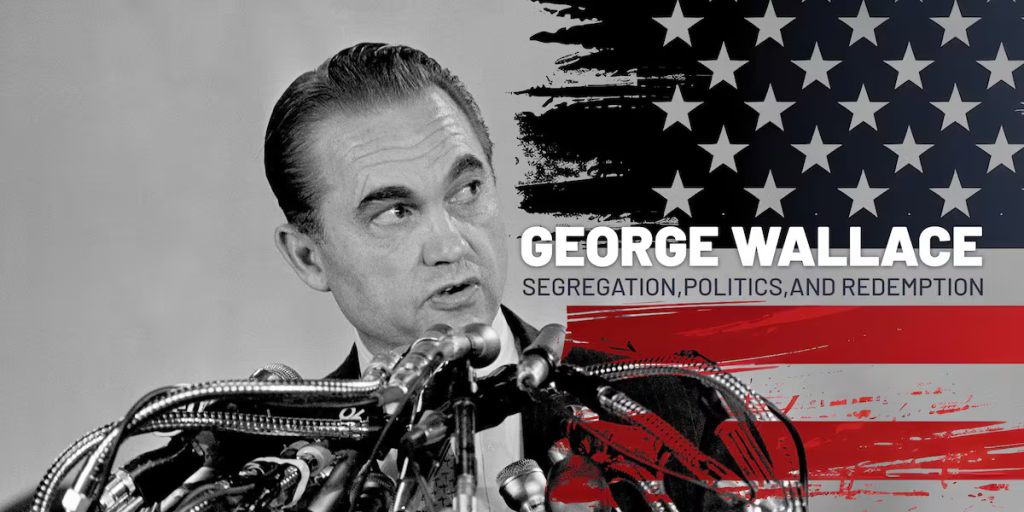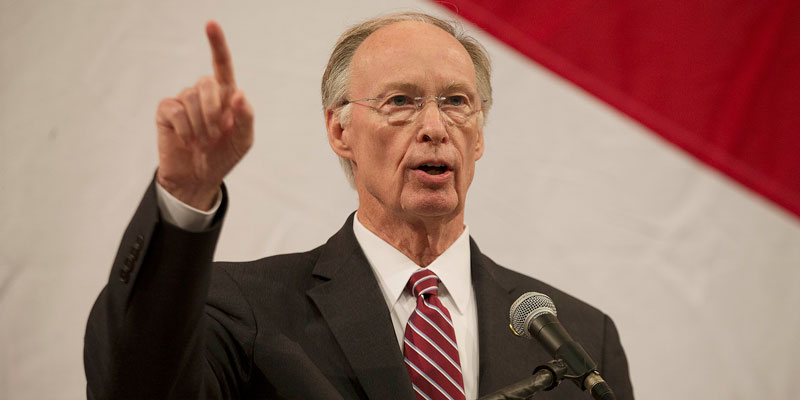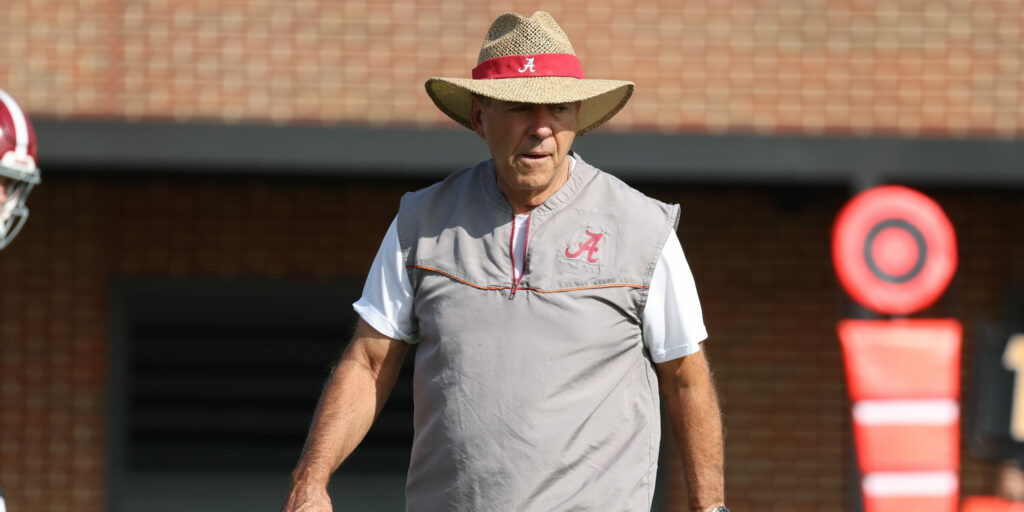Written by someone who probably knew him best, “George Wallace: From Segregation to Salvation” is a story about redemption of a man whose complex life and legacy are often debated.
“In reflecting upon my journey as the namesake of one of the most controversial political figures of the 20th century and understanding how the dramatic and traumatic experiences affected my immediate family, I have always believed our experiences were unlike those of any other family in our nation’s history,” said George Wallace Jr. “What we endured we endured under the watchful eye of the public.
“The writings contained herein will reveal for the first time from a family perspective, the real George Wallace, not the myth that has grown up around the legend.”
The former governor is remembered for his role resisting desegregation and promoting racial division, as well as for his eventual shift towards inclusivity and regret for his earlier positions.
Redemption is not always a straightforward process, and its importance can vary depending on the circumstances. It’s worth noting that while redemption is important, it does not erase or excuse past actions. Instead, it acknowledges the effort to change and improve.
“I have learned what suffering means,” Wallace said in an unannounced speech at the Dexter Avenue Baptist Church in Montgomery in 1979, where Dr. Martin Luther King Jr. was once pastor. “In a way that was impossible, I think I can understand something of the pain Black people have come to endure.
“I know I contributed to that pain, and I can only ask your forgiveness.”
The Rev. Joseph Lowery, the “dean” of the civil rights movement, thanked the former separatist “for coming out of your sickness to meet us.”
“You are a different George Wallace today,” he said. “We both serve a God who can make the desert bloom. We ask God’s blessing on you.”
Wallace, who died in 1998, was a member of World War II bomber crew. He served as an attorney, judge, and a member of the Alabama Legislature.
He was elected the state’s 45th governor and served four non-consecutive terms from 1963-87. Wallace is remembered for his opposition to racial integration and his support for “separate but equal” policies.
Wallace gained national attention in 1963 when he famously stood in front of the
entrance to the University of Alabama’s Foster Auditorium to block the enrollment of two Black students, defying federal desegregation orders.
His “Stand in the Schoolhouse Door” was a symbolic gesture of resistance to integration and what he considered federal intrusion on the sovereignty of the state.
In 1972, Wallace made a bid for the presidency. While campaigning, he was shot in
an assassination attempt that left him partially paralyzed.
Later in life, Wallace underwent a notable change of heart. He expressed remorse for his past views and actions, and, in 1979, he publicly asked for forgiveness from African Americans.
This transformation earned him some measure of reconciliation and he was reelected governor in the 1980s, with 90% of the Black vote.
He understood as a well-educated attorney and as one of the most dedicated politicians Alabama or any other state has ever produced that violence and bloodshed would harm his cause, not help it.
And, as a Christian, he instinctively knew in his soul that violence was wrong.
“One of the most glaring misconceptions about about my father, and I know how much
it saddened him, was regarding the 1965, Selma, Alabama, march,” George Wallace Jr. said. “His strict orders to keep the peace were disobeyed; he was enraged when he heard about the violence. On occasion, he would bring this up to me.”
Wallace ensured the University of Alabama campus was swept clean of any item that
could be used as a weapon prior to his “Stand in The Schoolhouse Door” at Foster
Auditorium because he wanted to avoid the same violence that occurred when the University of Mississippi was integrated.
He later became good friends with the two students who eventually made history on
that hot, June day.
James Hood invited Wallace to attend his graduation when he received his doctorate from the University of Alabama, and Vivian Malone Jones was among the honored guests at his state funeral in 1998.
“George Wallace: From Segregation to Salvation” is available on Amazon in hardcover, softcover and eBook. It is published by Barringer Publishing.
George Wallace Jr. served two terms as state treasurer and on the Public Service Commission. He has been a major contributor to Auburn University in Montgomery and Troy University. A musician, as well, Wallace Jr. toured with his friend, Hank Williams Jr., and signed with MGM Records. In addition, he has lectured extensively on early American history, notably the country’s founding.







